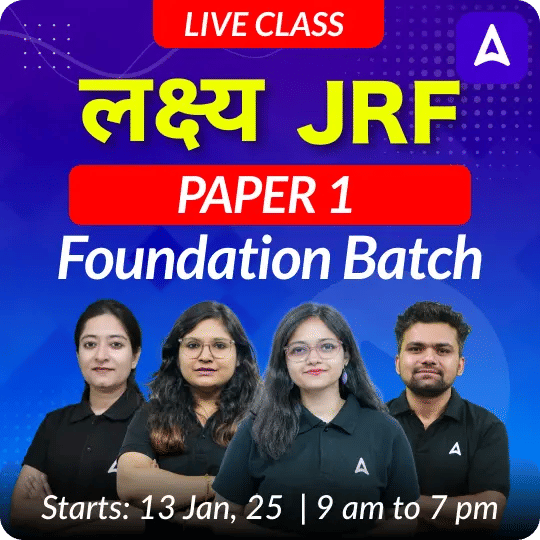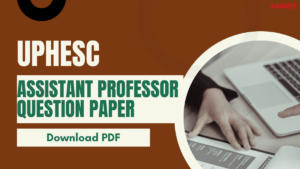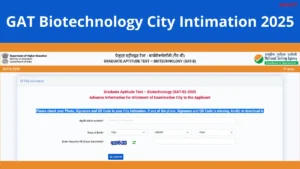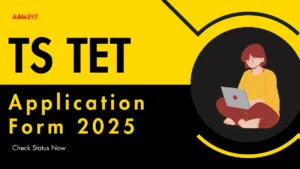Table of Contents
The University Grants Commission (UGC) has successfully conducted the December cycle of the National Eligibility Test (NET). Candidates aspiring to earn the prestigious NET-qualified certificate must ensure rigorous preparation. This national-level examination certifies candidates for roles such as Assistant Professor, PhD admissions, and Junior Research Fellowship (JRF) to support their academic research aspirations.
The UGC issues certificates based on candidates’ performance, with the top scorers awarded JRF first, followed by Assistant Professor eligibility, and then PhD admissions. Given this hierarchical allocation, securing a JRF qualification is significantly more challenging due to the higher cut-off marks required.
How to Clear the JRF Cut-Off?
Candidates aiming to secure JRF in top Indian institutions for research must adopt a structured and disciplined approach. Success in the JRF cut-off requires:
- Thorough Syllabus Coverage – Understand the syllabus in-depth and allocate time efficiently to each topic.
- Strategic Preparation – Focus on conceptual clarity and develop a systematic study plan.
- Consistent Study Routine – Maintain regular study hours and a balanced approach to weak and strong areas.
- Mental Well-being – Stay confident and motivated throughout the preparation journey to handle the exam pressure.
JRF Cut-Off Qualifying Criteria
The JRF cut-off is designed to recognize candidates who exhibit exceptional academic potential and research aptitude. The qualification criteria ensure a fair assessment and are structured as follows:
- Top 6% Candidates Selection: Only the top 6% of candidates who qualify for UGC NET are awarded the Junior Research Fellowship (JRF). This ensures that the fellowship is granted only to the highest scorers.
- Minimum Paper-Wise Performance: Candidates must achieve minimum qualifying marks in:
- Paper 1 – General Aptitude
- Paper 2 – Subject-Specific Test
- Category-Wise Cut-Off Variation: The JRF cut-off varies based on category (General, OBC, SC, ST, EWS, etc.), ensuring equal opportunities while maintaining overall merit standards.
- Limited JRF Slots per Subject: The number of JRF slots is subject-specific, depending on total applicants and performance trends. This creates a competitive yet achievable goal for aspirants in their respective fields.
Effective Tips to Clear the JRF Cut-Off
While discipline and determination are essential, candidates also need practical strategies to maximize their scores. Here are proven tips to achieve ideal results:
- Reverse Engineering Approach: Start solving multiple-choice questions (MCQs) early instead of relying only on theory. This helps identify exam patterns and weak areas that need more focus.
- Mastering Case Studies: Devote 1-2 hours daily to practice case studies. This is particularly important for subjects like Commerce & Management, where case-based questions carry significant weightage.
- Effective Time Management: Practice with timers while solving mock tests to optimize time usage. Identify which questions take longer and strategize accordingly.
- The Art of Elimination: Learn elimination techniques to rule out incorrect answers. This is crucial for handling complex questions when recalling precise details is difficult.




 UPHESC Assistant Professor Question Pape...
UPHESC Assistant Professor Question Pape...
 GAT Biotechnology City Intimation 2025 O...
GAT Biotechnology City Intimation 2025 O...
 TS TET Online Application Form 2025 Out,...
TS TET Online Application Form 2025 Out,...














